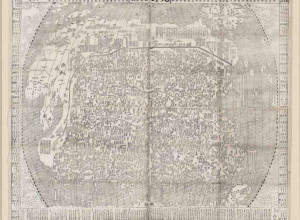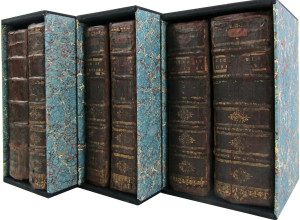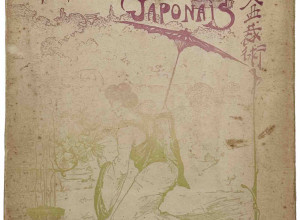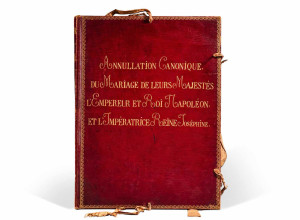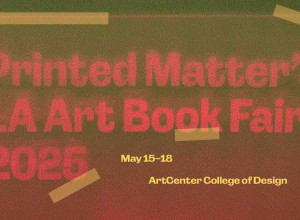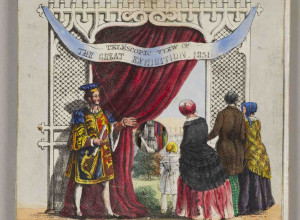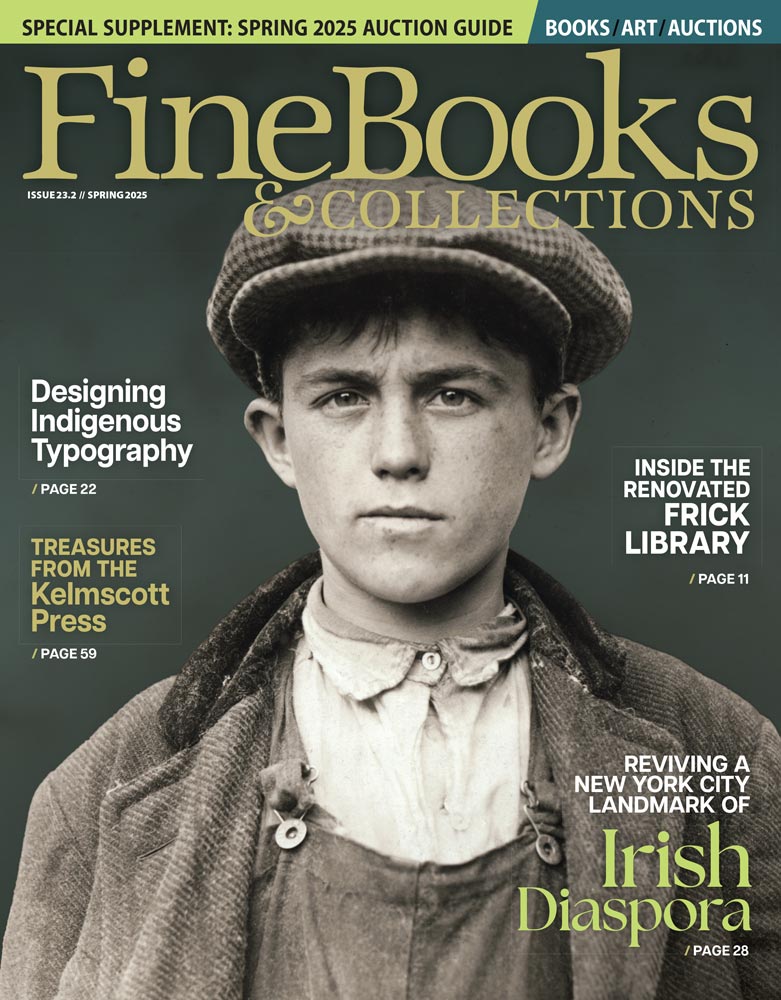Scarce Alan Turing Scientific Papers Discovered in Attic to Auction
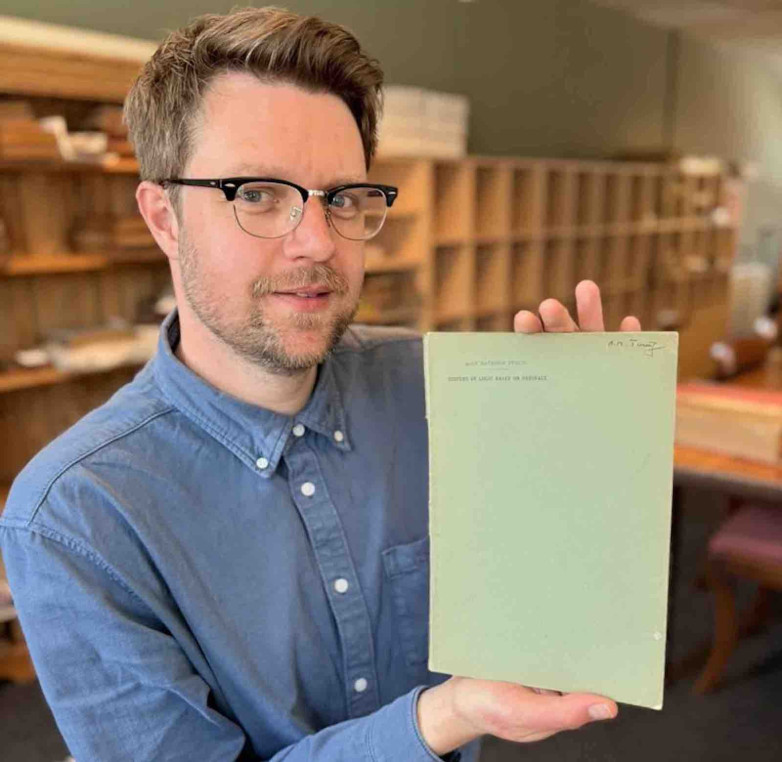
Jim Spencer with Alan Turing's On Computable Numbers
Scientific papers by mathematician and leading World War Two codebreaker Alan Turing discovered in an English attic and nearly shredded will go under the hammer on June 17 at Rare Book Auctions.
The papers are 'offprints', produced in very small numbers and only distributed between academics, making them very scarce and rarely appearing at market. The collection includes Turing’s signed personal copy of his PhD dissertation Systems of Logic Based on Ordinals from 1938-39. It has an estimate of £40,000 to £60,000. Also featured is On Computable Numbers from 1936-37 which focused on the concept of a "universal computing machine", described as the first programming manual of the computer age. The estimate is also £40,000 to £60,000.
The archive was initially gifted to Alan Turing’s friend and fellow mathematician Norman Routledge by Turing’s mother Ethel. After Routledge's death in 2013, the papers passed to his sisters, and then nieces who at one stage considered shredding them before taking them to the auctioneers for valuation.
"Anything with a direct connection to Turing is highly desirable and almost impossible to find. It's the most important archive I’ve ever handled,” said Jim Spencer, director of Rare Book Auctions. "Nothing could’ve prepared me for what I was about to find in that carrier bag. These seemingly plain papers, perfectly preserved in the muted colours of their unadorned, academic wrappers, represent the foundations of computer science and modern digital computing."
The collection also includes The Chemical Basis of Morphogenesis, Turing’s lesser-known 1952 work on mathematical biology and his last major published work, and Turing’s first published paper from 1935, Equivalence of Left and Right Almost Periodicity which is a single sheet of paper.
The sale will also include a collection of signed letters from E. M. Forster, another of Routledge’s close friends.






